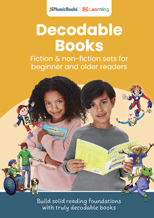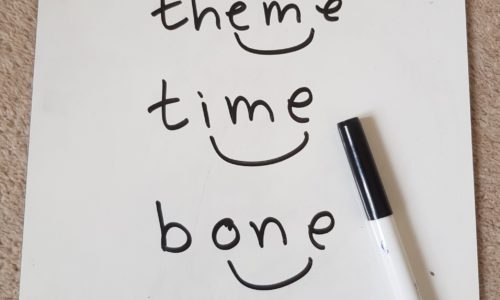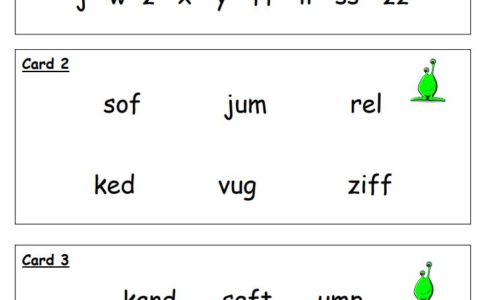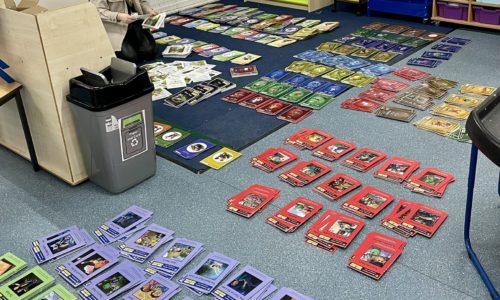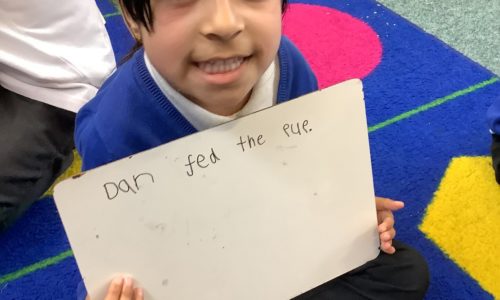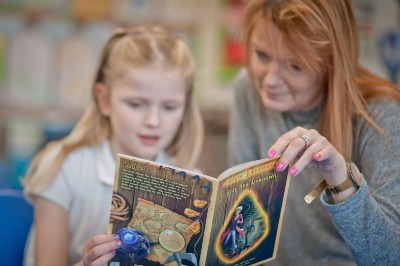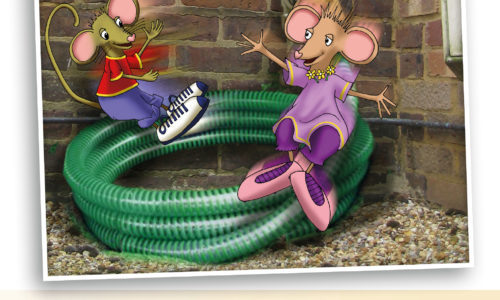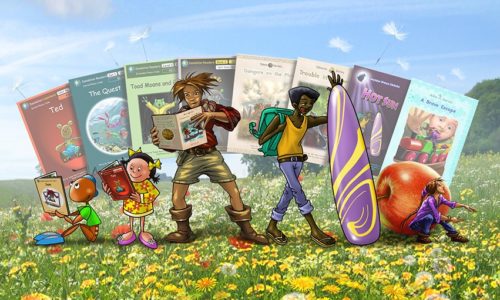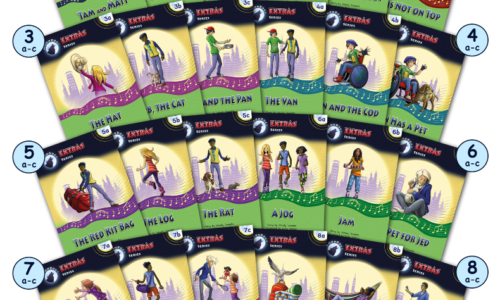
Ann Sullivan of Phonics for Pupils with Special Educational Needs is an experienced SEND teacher, who has created her own phonics programme specifically for SEND children. This is what she has to say about our latest set of Books: Moon Dogs Extras for Catch-Up Readers. If there is one question I am asked more than […]
Read More
